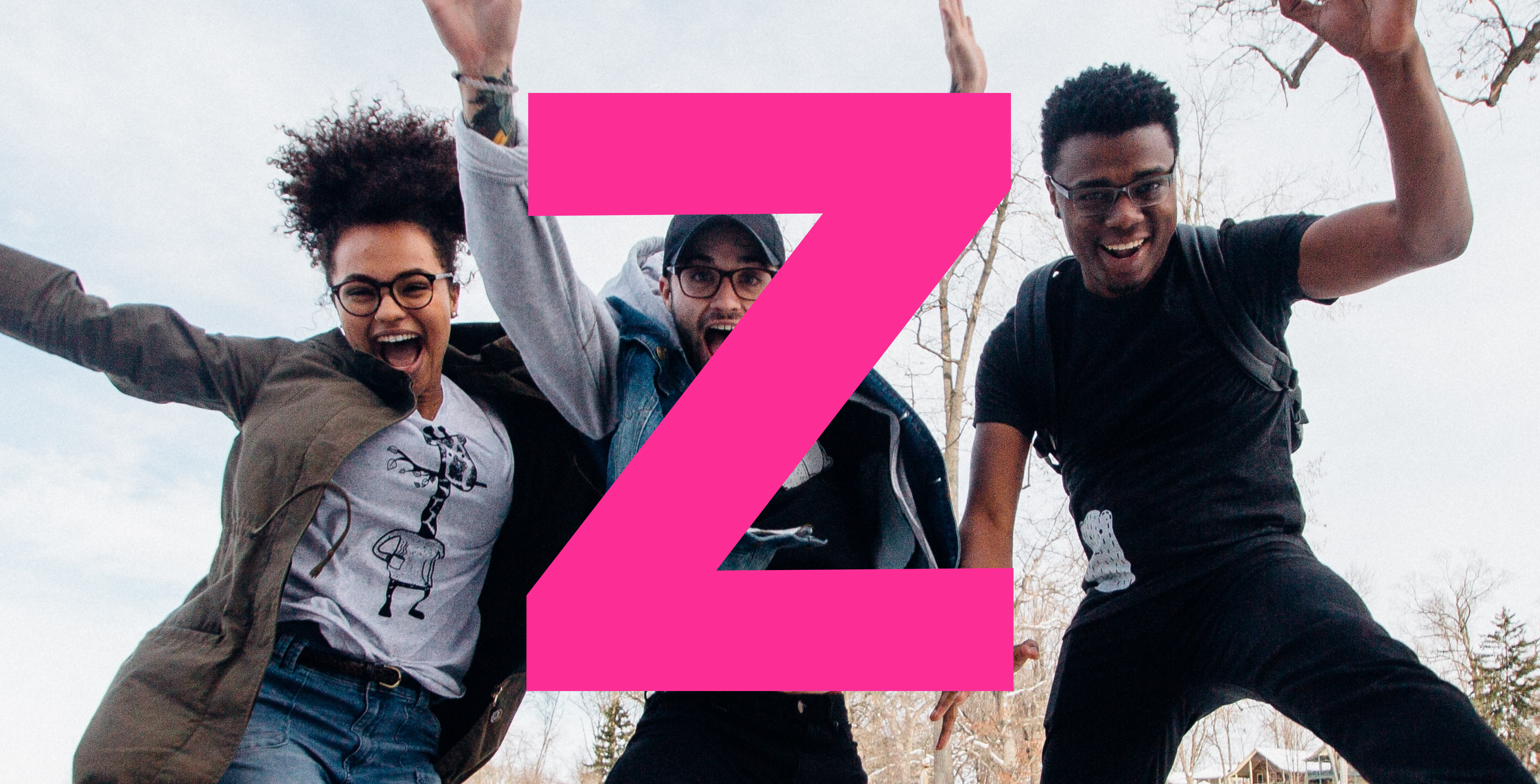Gen Z spotlight: key trends you need to know, part 2

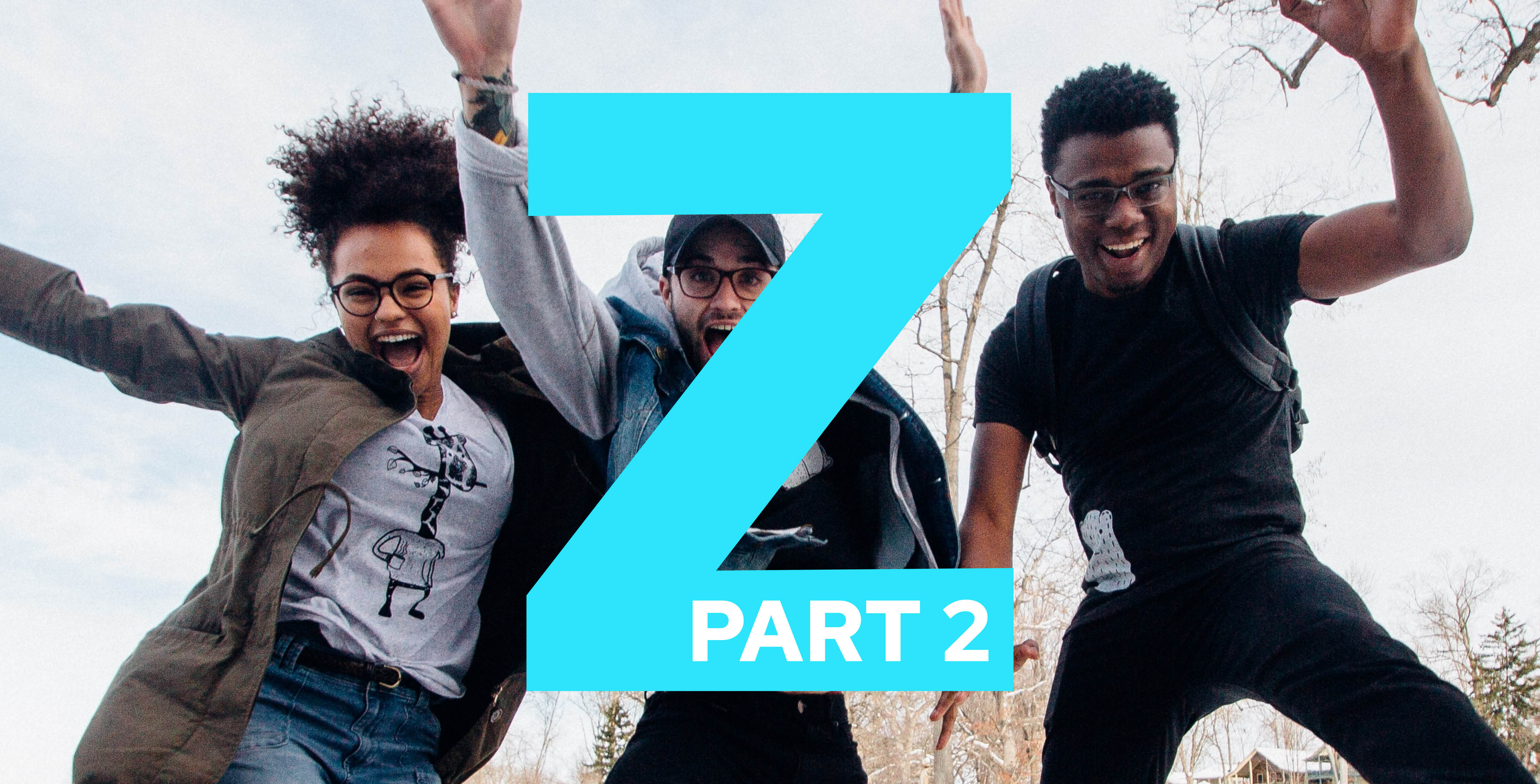
This is part two of our Strategist Lucy’s Gen Z trends – if you missed it, here’s part 1.
4. Appeal to their social conscience
A staggering 70% of Gen Z say that they focus their spending on companies which they consider ethical. For this generation, social purpose and strong ethics are non-negotiables.
That means brands need to articulate a clear social mission, as well as providing transparency in terms of both their diversity and their principles. Importantly, they need to be accountable for any shortcomings, which Gen Z are proving quick to point out.
Among this audience there’s also a strong sentiment of resentment – with many seeing their lives influenced by political decisions that they didn’t vote for, in many cases because they were too young. As a result, people across Gen Z feel warmly towards activism – and have a desire to fight back against social injustice.
So how should charities, which naturally have a clear purpose, best connect with this audience? By embracing the anger of a disillusioned, but socially responsible generation – showing the activist elements of your charity’s story.
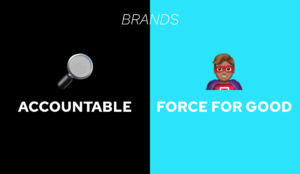
5. Foster connections
Despite being constantly connected to each other via the internet, research shows that Gen Z – who experienced the pandemic at a formative age – are the loneliest generation yet.
They’re driven by connection, marked by a desire for new ways to meet like-minded people. How, then, can your organisation facilitate connections, building out more effective forums and networking opportunities for members and donors?
Gen Z also responds well to influencers and real people – public figures who, through para-social relationships, feel like their friends – although they are sceptical of mega-influencers.
When it comes to ambassadors, look to engage genuine individuals with interesting views and great platforms – people who can tap into Gen Z networks in a way that feels authentic, not transactional.
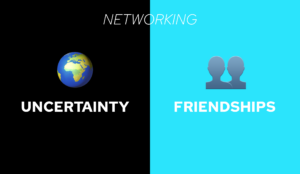
6. Champion mental health
Most of Gen Z will have already lived through 3 major ‘once in a lifetime’ disasters, and most barely remember a world where economic uncertainty wasn’t an element of their daily lives. As a result of this, Gen Z are 37% more likely to report that they have received professional support for their mental health – compared to other generations.
Today, so many charities and membership organisations are thinking seriously about mental health – whether that’s by prioritising the wellbeing of members, or funding work that explores how their cause and mental health interacts. Our insight on Gen Z is clear: if your organisation does this work, talk about it!
Take homelessness, for example. Not everyone has experience of rough sleeping, but almost half of Gen Z can relate to the mental health struggles that increase the risk of losing a home.
To start with, make use of calendar events like World Mental Health Day or Mental Health Awareness Week to champion your work in the mental health space. Above all, draw meaningful connections between the work your organisation does and mental wellbeing.
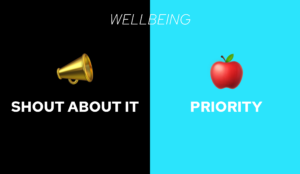
Our team’s been helping organisations connect and inspire Gen Z for years – and we’d love to help you. Please do get in touch.

